Editor’s Note: This story was updated after publication to reflect new information provided by Sunanda Kikla.

The owner of a private college once run from the second storey of a Surrey, B.C., strip mall is facing new accusations she did not return thousands of dollars taken from West African students she tried to lure to Canada, a Global News investigation has uncovered.
The school’s owner, Sunanda Kikla, also took roughly $560,000 from students who came to Canada without providing them an education in return, B.C.’s government said.
The allegations involve students from Sierra Leone, Liberia, Gambia and Cameroon, who say they were attracted to the school by promises of “guaranteed jobs,” rich scholarships and the chance to earn a “high-quality” Canadian education.
But now the students say Kikla, who owned and operated Fraser Valley Community College (FVCC), misled them and that much of what they were told about the school was untrue.
Djeuffo — who says he handed over his entire life-savings — says Kikla helped him apply for a Canadian study permit on three separate occasions. When his last visa was denied, he says Kikla stopped answering his calls and wouldn’t return any messages.
“They did not refund my money,” he said. “To earn that money in Cameroon it can take at least three or four years. … So sometimes I’m angry.”
While he could only provide records showing one wire transfer of $3,300 made in March 2015, Djeuffo says he gave Kikla and her associates money on multiple occasions, sometimes in cash. These payments totalled roughly $9,000, he says.
“They did not call me to tell me sorry. … They just abandoned me,” he said.
Kikla declined multiple requests for an interview with Global News, accusing “unethical journalists” of spreading “false” and “malicious” statements about her. She also filed a complaint with the National NewsMedia Council in response to questions about this story.
Kikla has previously denied any wrongdoing and says students were told application fees and some tuition amounts were non-refundable. She also says Djeuffo did not give her $9,000. She did however, confirm he paid roughly €2,600.
Kikla toured West Africa recruiting new students
Kikla purchased FVCC in 2012. At the time, the school had only one student, said B.C.’s Ministry of Advanced Education, which regulates private colleges through the Private Institutes Training Branch.
In 2013, to attract new students to the school, Kikla started hosting “on spot” admission events at hotels, apartments and other locations across West Africa.
Examples of “stock photos” used by FVCC
“It was after high school … that is when I met this lady called Sunanda Kikla,” said Davidetta Carter, a 23-year-old student from Monrovia, Liberia.
“I was given admission at FVCC and I was asked to pay the sum of US$300 for the admission letter,” she said.
Carter says she met Kikla at the TGH Apartments in Monrovia’s Congo Town neighbourhood. Here, she claims she witnessed 10 other students pay Kikla $300 for an admission letter.
WATCH: Liberian student calls B.C. college owner a ‘scammer’

Carter has no record of the transaction because she says Kikla insisted she pay in cash.
“It was so hard for me to get over it,” she said. “At that time that was the only money my father could afford.”
Kikla denies she ever met Carter. However, she did confirm that Carter received a conditional letter of acceptance.
Western Union used to send money
Fonconyi Collins, 30, worked as a recruitment agent for Kikla in Cameroon.
He says he knows 280 students who paid $1,000 each in exchange for admission to FVCC. Many of these students also paid part of their tuition fees, he says.
Collins says most students paid Kikla directly, either in cash or by Western Union, but some students gave him money, which he then sent to Kikla or one of seven students already in Canada, as well as Kikla’s son Pushkar. He claims Kikla used these students to avoid detection from provincial regulators.
Western Union receipts provided by Collins show 36 payments totalling more than $155,000. Twenty-seven of these payments, worth more than $131,000, were sent during a four-month period in 2014 when FVCC’s registration was suspended — meaning Kikla was prohibited from accepting new students.
Ayong says Kikla has denied any knowledge of the Western Union receipt, while another student who received multiple payments would not confirm if he gave Kikla the money.

Get daily National news
Collins, meanwhile, says he did not know about problems at the school when first working with Kikla. When students already in Canada started to complain, he says he didn’t believe them because he trusted Kikla and because Canadian immigration officials kept issuing visas for the school.
Collins says he wasn’t paid by Kikla. Instead, he says she promised to bring him to Canada in exchange for his services. But when things started going bad at the school, students who couldn’t get a refund started coming after him for compensation.
In February 2015 Collins was arrested. As a condition of his release, he says he agreed to pay a total of $16,500 to four students who claimed Kikla did not return their money.
“All l can say is that she’s a cheat and bad person. Let God just deal with her,” he said.
Ayong agrees. He says Kikla is angry, vindictive and will do anything to strike back at those who speak out against her.
“She lied to all of us,” he said. “She’s a snake without a conscience.”
Kikla says the claims made by Collins are “false.” She has also accused him of “conspiring against FVCC” in the past.
Students without money turned away
Ensah Mansaray attended one of Kikla’s admission tours in Freetown, Sierra Leone. He says he waited from morning to night for his turn to speak with Kikla. During that time, he says he witnessed dozens of students giving her money. Those who didn’t have money were turned away, he says.
“She will tell you ‘I can’t help you,’” he said.
To make things easier, Mansaray says Kikla brought in a man who exchanged local currency for U.S. dollars.
And there were more students.
Fatou Kinteh and Muhammed Dem say they paid Kikla about $250 each when she visited the Baobab Holiday Resort in Banjul, Gambia.
As many as 50 students at a time were crowded into the hotel room, Dem said. They were fed pizza while Kikla helped them complete their paperwork, including visa applications, he said.
“I recognize this thief very well,” Kinteh said while looking at a photo of Kikla. “I paid in cash. … A lot of us paid in cash there.”
Neither student ended up going to the school.
Kinteh says her visa was denied — although she claims Kikla refused to show her the official letter — while Dem says Kikla wouldn’t submit his visa application because he couldn’t come up with $3,000 she requested.
In her complaint to the NewsMedia Council, Kikla called the allegations made by students who spoke with Global News “false” and “fabricated.”
She also said she could not answer questions about claims she “stole” money because she says Global News refused to provide the names of students who made this allegation.
Students claim they were ‘guaranteed jobs’ but ended up ‘living in fear’
Regulators said brochures created for the school also promised jobs for would-be students. If true, Immigration, Refugees and Citizenship Canada said this would be a violation of Canadian immigration rules.
In a complaint filed in 2014, Kikla is alleged to have told two students who paid $3,000 each that they were “ensured work permits” and that they would be hired at one of her “many international companies” after graduation.
The pair reportedly told regulators that students at FVCC were “living in fear and intimidation” of Kikla.
But rather than help resolve complaints, regulators said Kikla threatened students who complained, promising legal action if they didn’t agree to pay everything she said they still owed.
Kikla refused to answer questions about these claims. She has, however, filed lawsuits against several students who complained about FVCC, arguing that provincial regulators acted “unlawfully” when ruling against her and that they induced students to submit false claims as a way of discrediting her and FVCC.
Kikla’s claims against the regulator were dismissed and a B.C. court declared her a “vexatious litigant” — meaning she must receive approval of the court before launching any new legal challenges.
Scholarships used to convince students
As the number of complaints against FVCC skyrocketed, and as students began to leave the school, Kikla continued to visit Africa.
It was during one of these trips, in January 2014, that she was reportedly arrested. According to a report in the Liberian Daily Observer, Kikla was briefly jailed while in Monrovia when six students she allegedly promised scholarships to said she defrauded them of roughly US$4,000.
The charges were dropped when the lawyer responsible for the case — who reportedly authorized Kikla’s arrest — denied any knowledge of the claims.
Other students who spoke with Global News said Kikla promised them thousands of dollars in scholarships to attract them to the school.
“I made a payment and got my acceptance letter,” said Mohamed Barrie, a student from Freetown, Sierra Leone. “Later I was asked to pay some of my school fees … but I decided not to, since I didn’t get the visa,” he said.
Barrie learned about FVCC online and says Kikla offered him a partial scholarship. He says she then asked him to pay US$1,200 in visa and application fees for himself and his two cousins, which he says he did.
“We did everything together,” he said. “She was here [in Sierra Leone] with me until I made a visa application.”
Barrie says Kikla submitted his visa application. After about a week, he says he received a message from Kikla saying his visa was denied. But rather than offer a refund, he says Kikla suggested he pay part of his tuition fees.
“Showing a receipt of payment can help me to obtain a visa if I appeal after I get denied,” he said.
Despite all this, Barrie and one other student who spoke with Global News defended Kikla’s actions, insisting she did not “take” their money.
Impossible to say how much money Kikla made
Meanwhile, the ministry told Global News that 68 students who paid tuition received refunds totalling $492,000 when FVCC was closed. The refunds were paid for through a student insurance fund set up by the province — not Kikla. Most, “if not all,” of these students also paid $1,000 application fees, which were not refunded, the government said.
Students who paid application fees only were not eligible for refunds, the ministry said. But the government could not say how many students this included, nor could it say how much money Kikla collected in non-tuition payments — either online or during one of her “on spot” admission tours.
According to a government spokesperson, that’s because there was “no requirement” for Kikla to provide this information.
Immigration Canada would not confirm if it has investigated Kikla’s alleged activities, either at the school or while she was in Africa.
A spokesperson for the government did, however, say employees at educational institutions paid to help students are “prohibited” from providing immigration advice.
Anyone found guilty of violating this law could be punished by a fine of up to $100,000 and a sentence of two years in prison per offence, according to Section 91 of Canada’s Immigration and Refugee Protection Act.
Surrey RCMP also would not confirm if they have investigated Kikla.
Regulators knew there were problems for years
There were major problems with the way private colleges in B.C. were regulated at the time FVCC was operating. The government acknowledged this, passing new legislation with stricter oversight and more stringent financial requirements after the provincial ombudsperson released a scathing report in 2015.
But the documents posted on FVCC’s Facebook page show regulators warned Kikla about problems at the school at least two years before it was closed.
Between October 2013 and July 2014, regulators sent Kikla 12 notices warning her FVCC was non-compliant with provincial regulations and bylaws, according to the documents. At the time, regulators said none of the students registered at FVCC had accurate records on file, while some records — including payment receipts — were missing entirely.
“Students are recorded as attending courses for which they have not been evaluated and as being evaluated in courses which they have not attended,” regulators said in a July 2014 letter to Kikla.
Despite the seriousness of these problems, regulators did nothing to stop students from attending the school before it was shut down.
And other than the brief four-month period in 2014 when FVCC’s registration was suspended, regulators allowed Kikla to recruit new students — such as Utkarsh Sood, who arrived at FVCC six weeks before it was closed — right up until the day the school’s registration was cancelled in October 2015.
The ministry declined multiple requests for an interview with Global News.
But in a written statement, Monica Lust, the person who cancelled FVCC’s registration — and whom Kikla has sued personally — said students deserve “value-for-money” when registering in a private training program. The government also said the education offered at FVCC “wasn’t comparable” to any other program in the province.
“Tuition refunds are administrated in keeping with legislation, including the need for administrative fairness,” Lust said. “In coming to a decision to close any institution, it is important to ensure evidence is gathered carefully, decisions are fact-based and able to withstand any challenge.”
But for those students in Africa who paid Kikla everything and got nothing in return, Lust’s words have little meaning. They want action taken against Kikla and they’re hopeful someone in Canada will help them soon.
“She’s a scammer,” Carter said. “I want the Canadian government to properly investigate so that either she refunds the money or she can go to prison.”
“You can’t come into a suffering country like Liberia and then try to exploit people.”
Contact: brian.hill@globalnews.ca


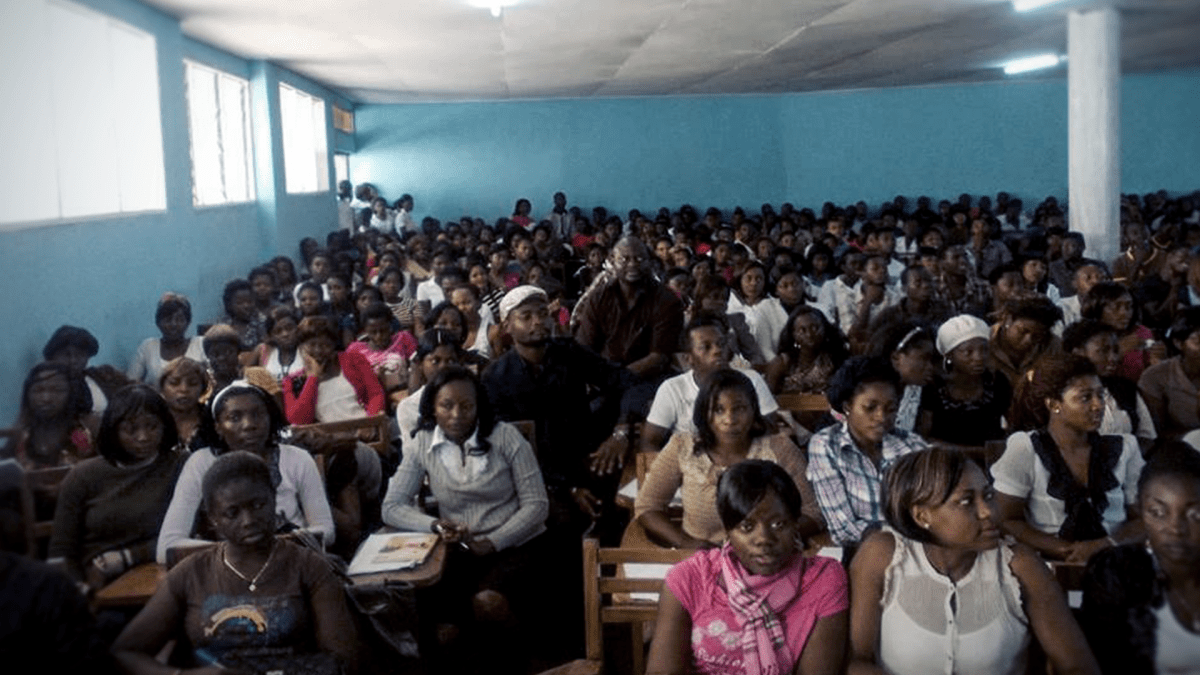



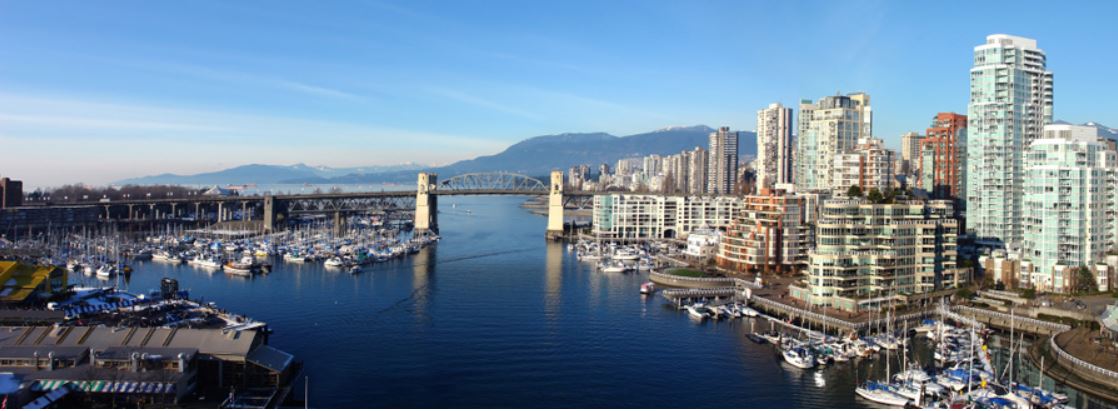



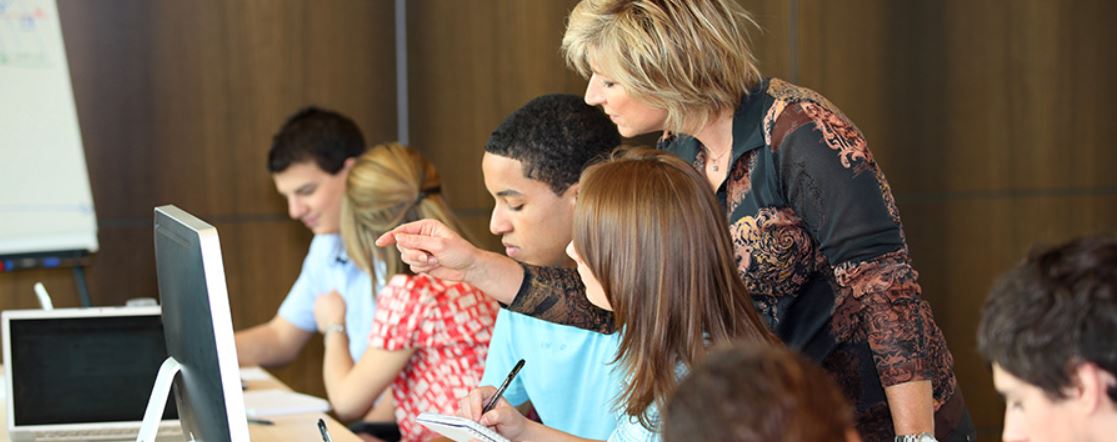

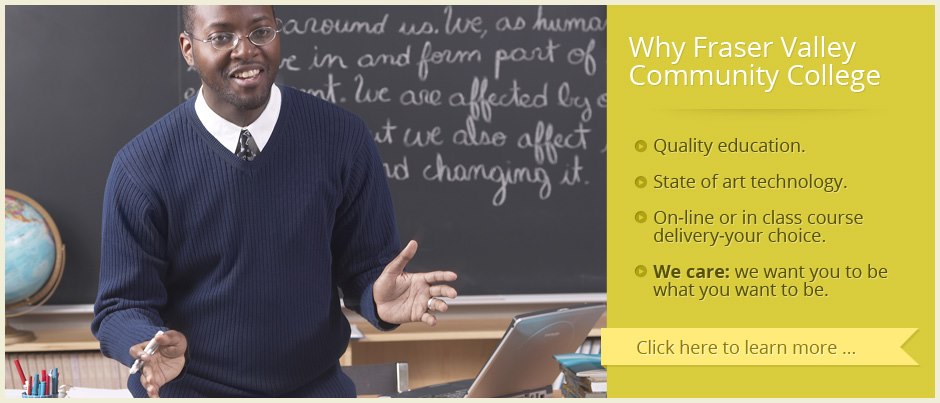
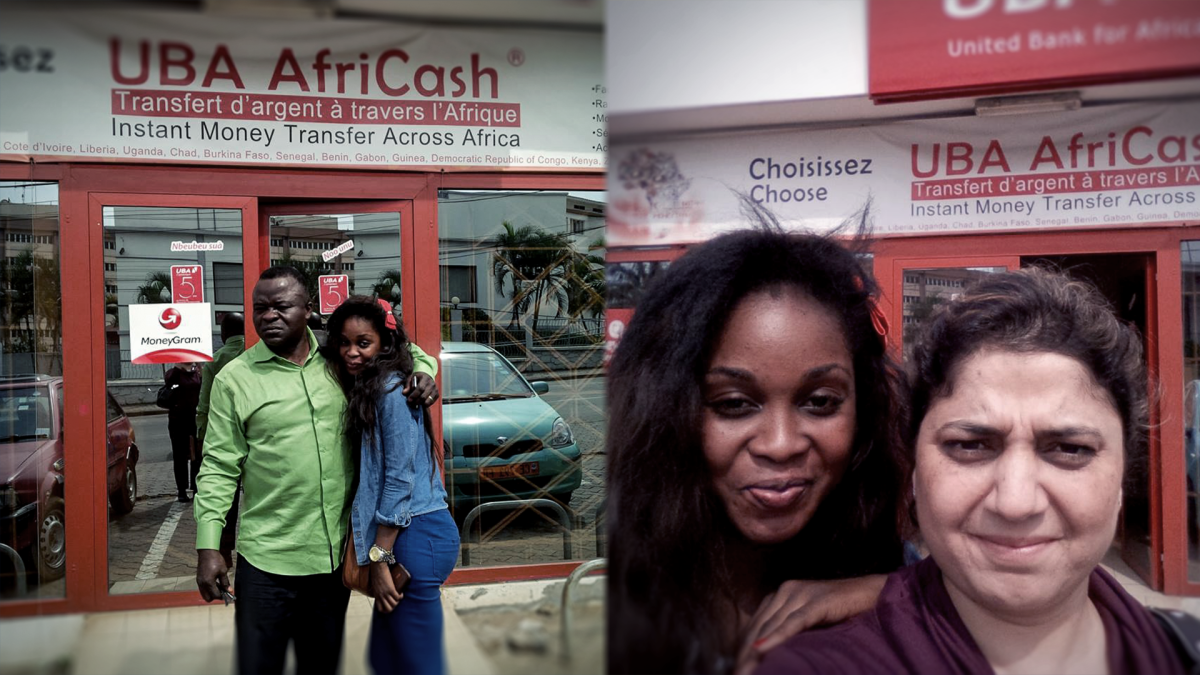




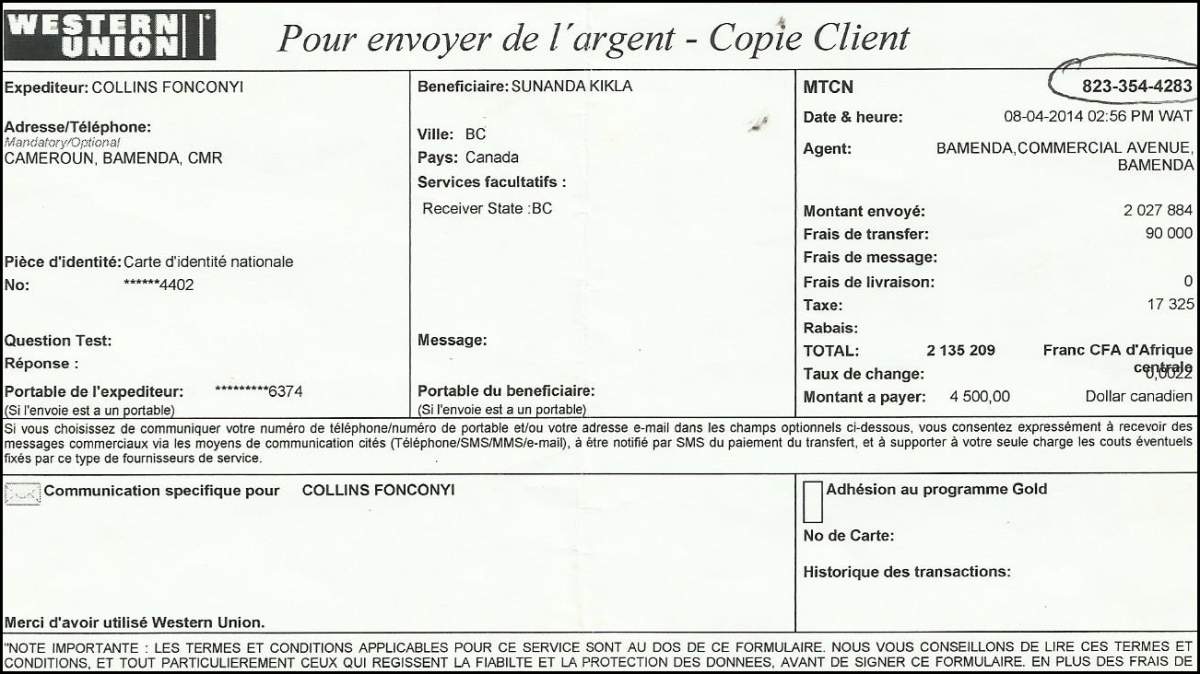
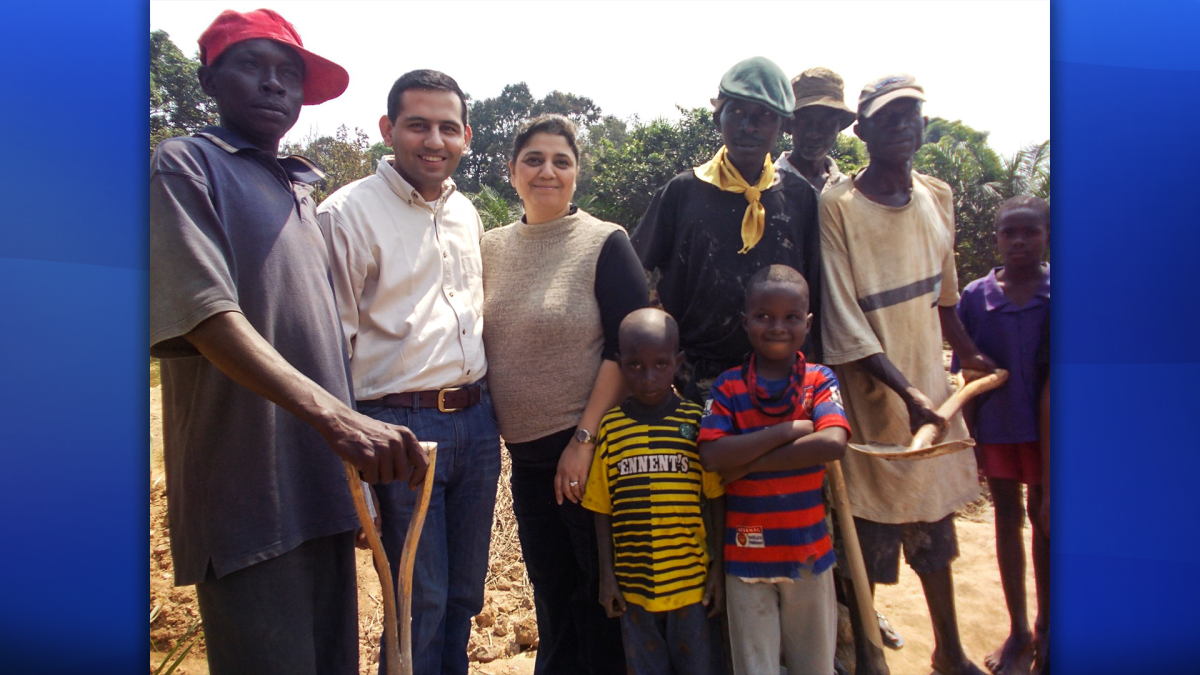


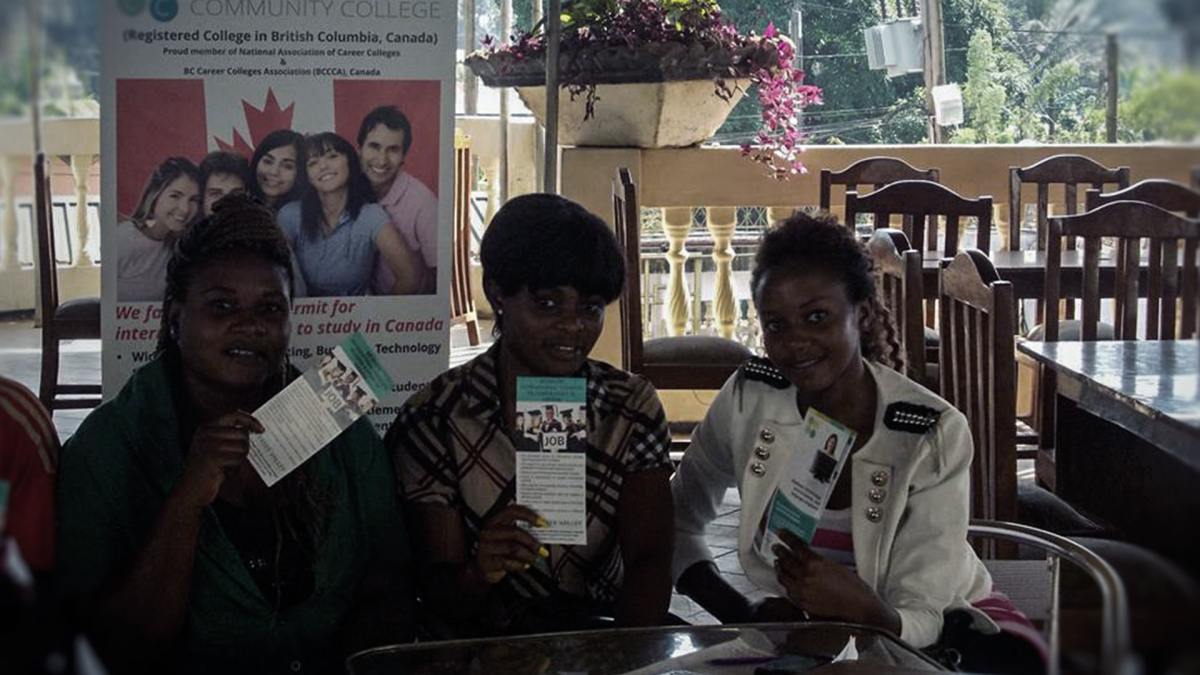
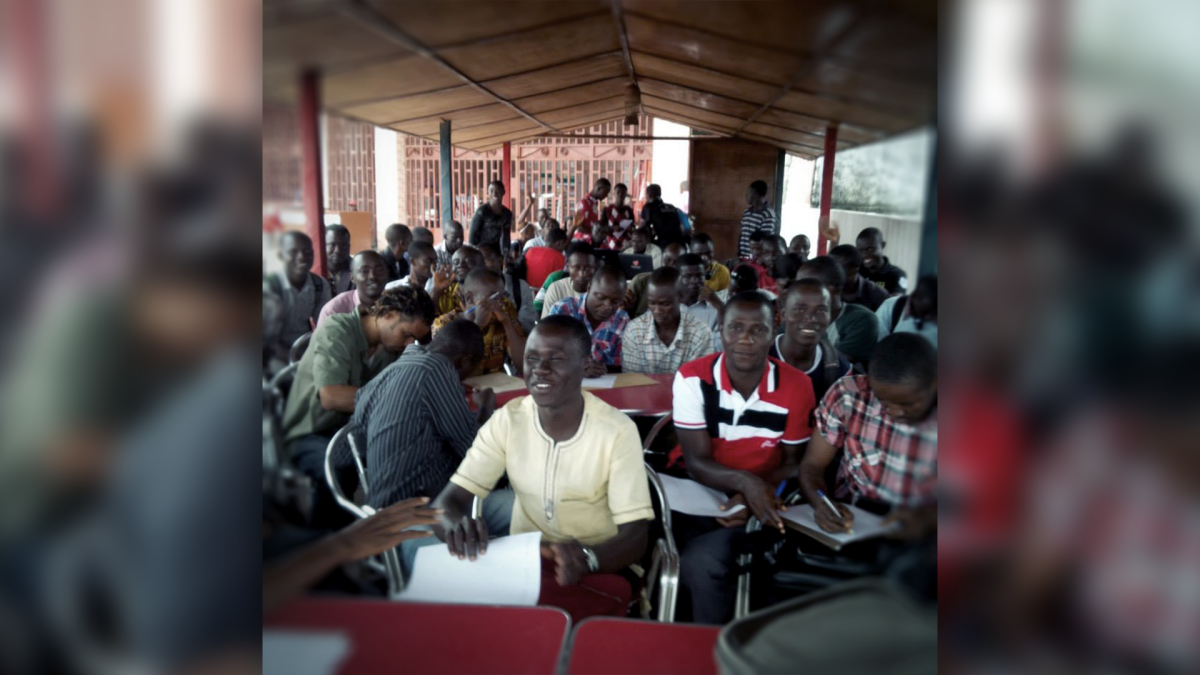

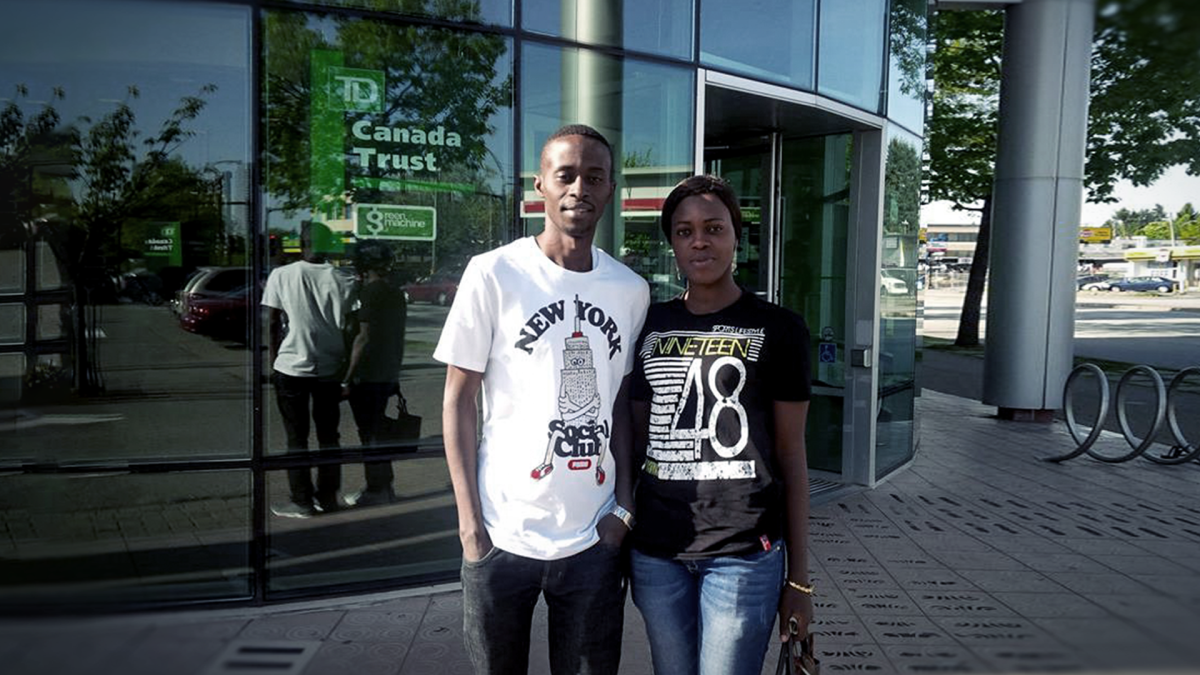

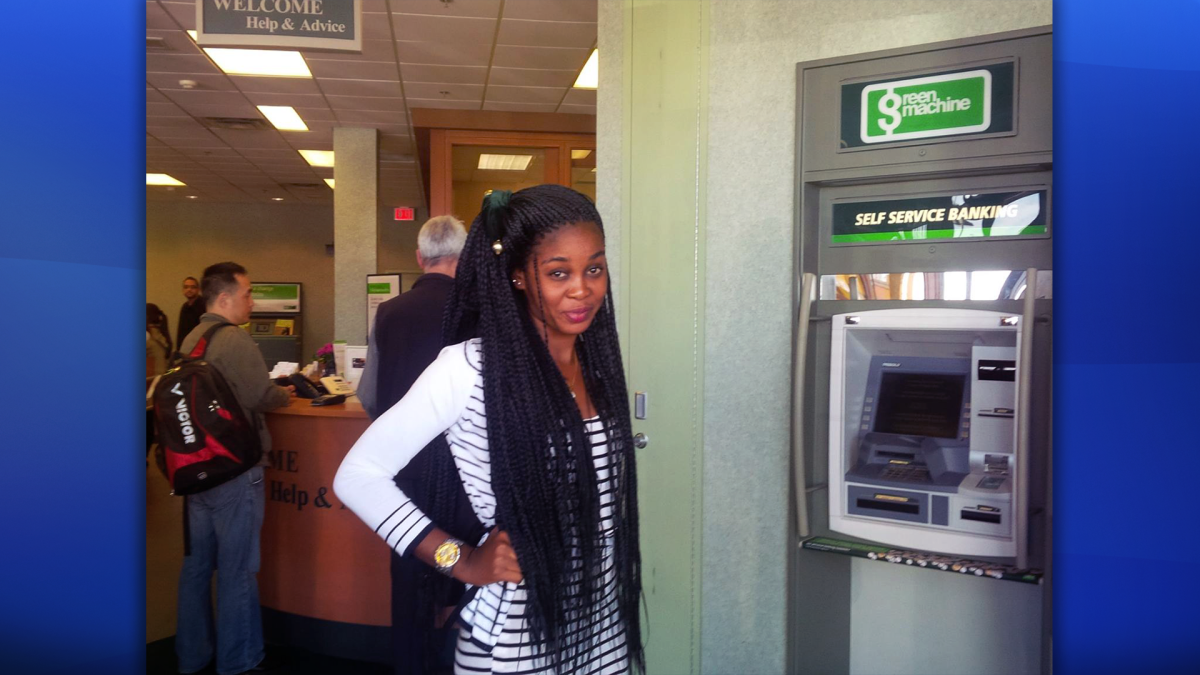

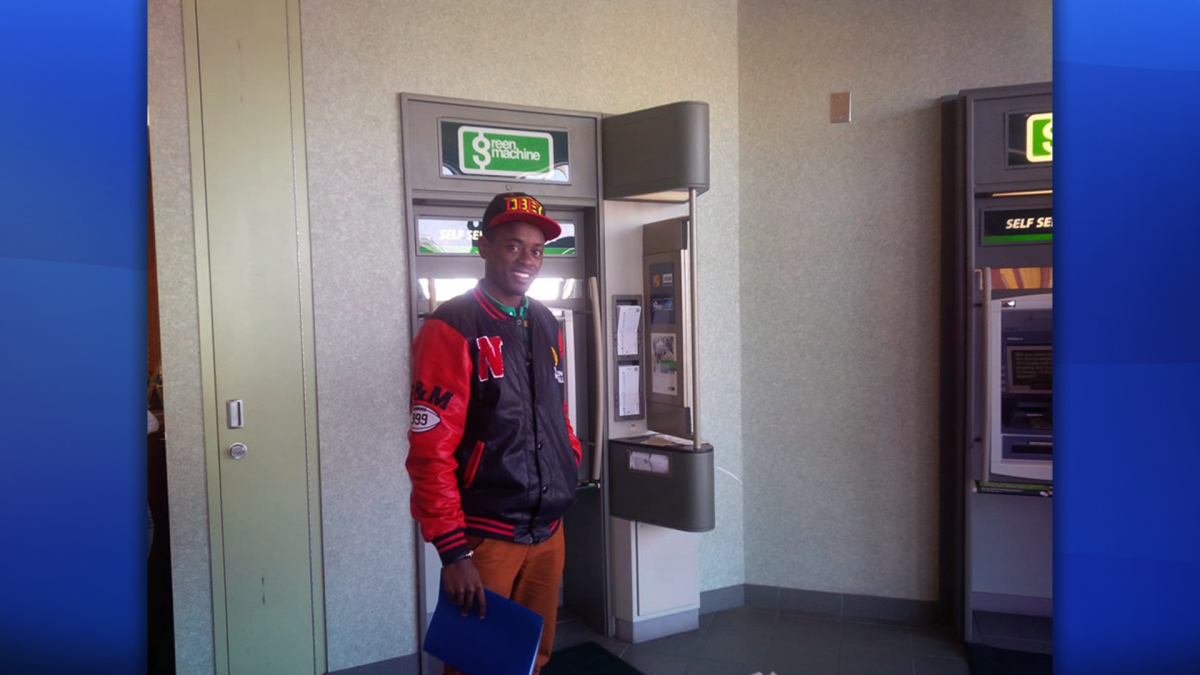
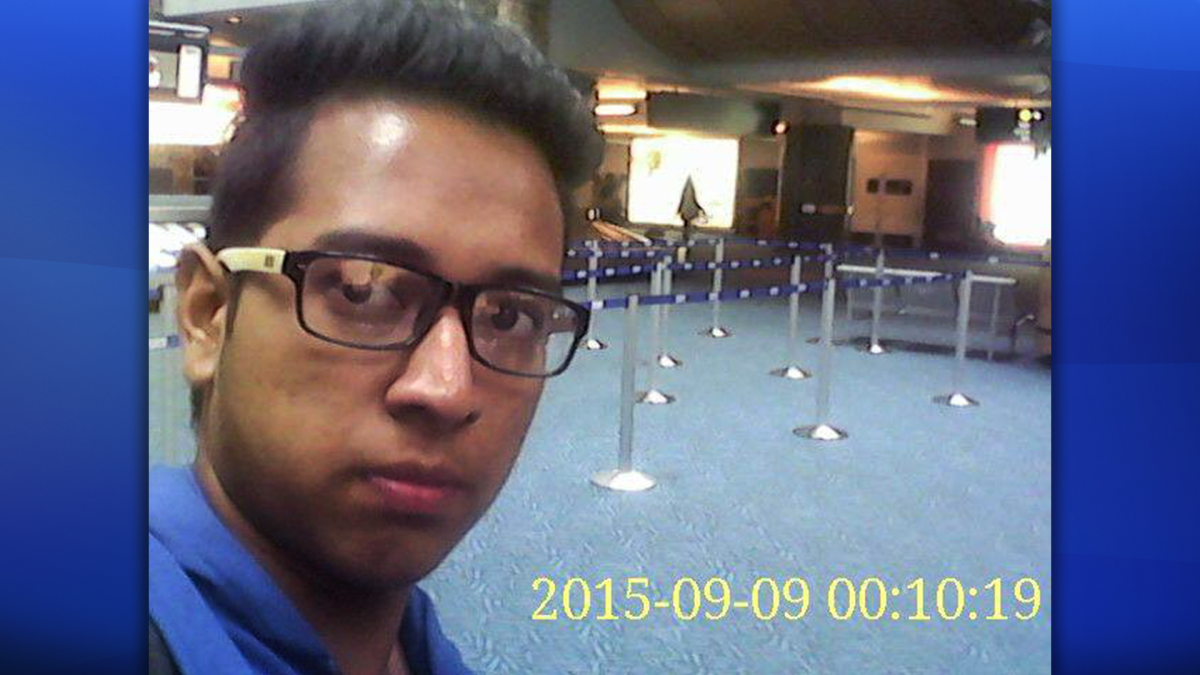
Comments
Want to discuss? Please read our Commenting Policy first.